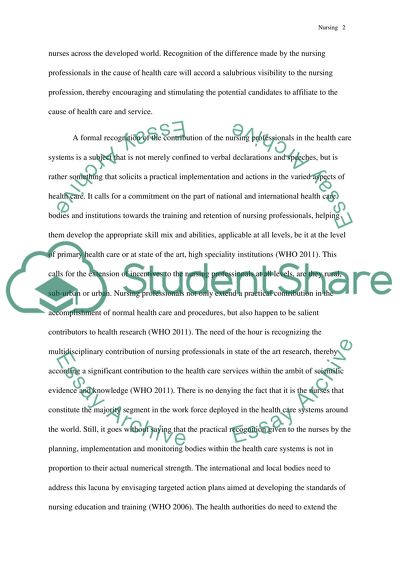Cite this document
(“Nursing art and science Essay Example | Topics and Well Written Essays - 2250 words”, n.d.)
Retrieved from https://studentshare.org/nursing/1594616-nursing-art-and-science
Retrieved from https://studentshare.org/nursing/1594616-nursing-art-and-science
(Nursing Art and Science Essay Example | Topics and Well Written Essays - 2250 Words)
https://studentshare.org/nursing/1594616-nursing-art-and-science.
https://studentshare.org/nursing/1594616-nursing-art-and-science.
“Nursing Art and Science Essay Example | Topics and Well Written Essays - 2250 Words”, n.d. https://studentshare.org/nursing/1594616-nursing-art-and-science.


